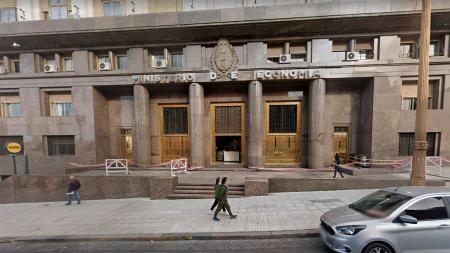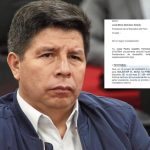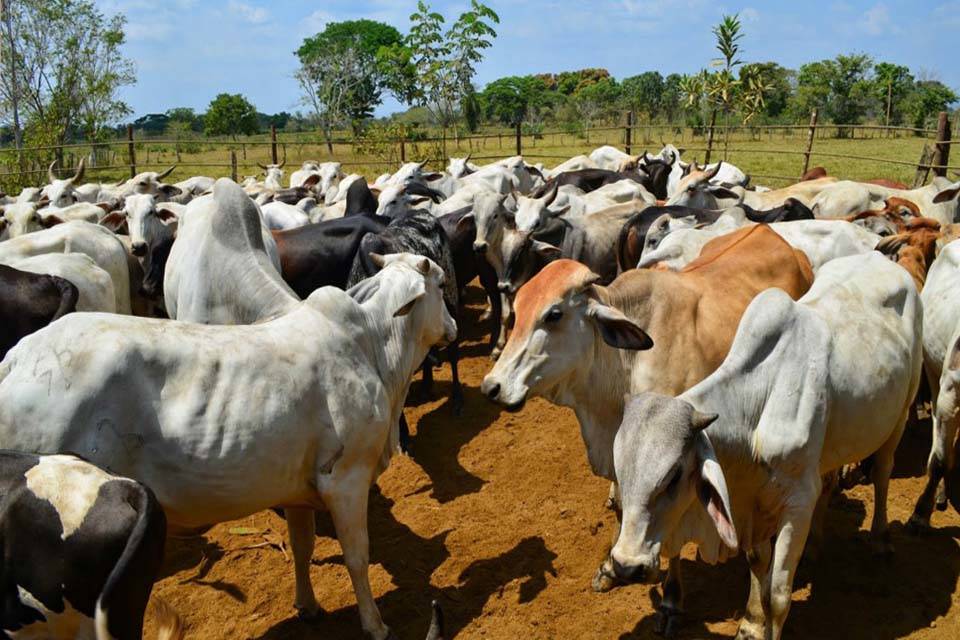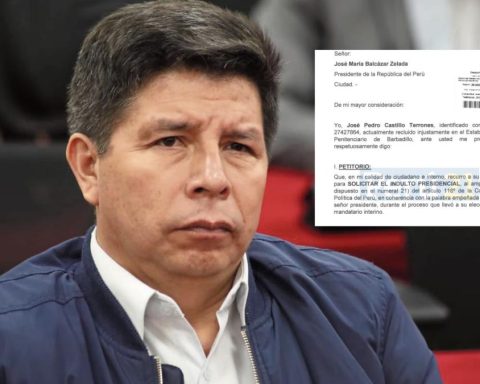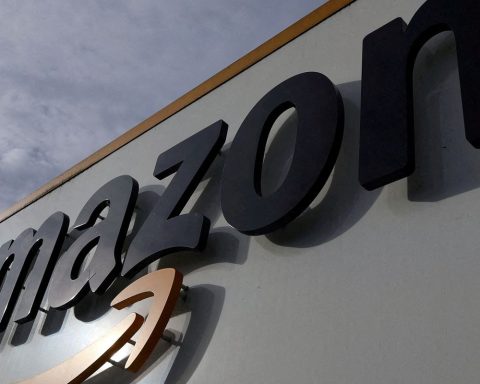The Sarandí consultancy, directed by Sergio Chouza, estimated for this year a 2% increase in the Gross Domestic Product (GDP), inflation of 66%, an increase in reserves of more than US$5.1 billion and a fiscal deficit of 1.9%which will make it possible to meet the goals agreed with the IMF.
The main challenge that the Government will have when deploying its economic policy will be to manage the stock and flow of dollars, trying to reconcile the import needs of the productive sector and the challenges of the exchange and financial front in an electoral year, in which historically the demand for foreign currency increases.
In that sense, the director of the consulting firm Sarandí, Sergio Chouzaexplained to Télam that “somehow there is a short blanket game, in which the Government is going to have to see month by month where to position itself between giving a little more to importers and, on the other hand, not neglecting the accumulation of reserves”.
“Reserves, in addition to meeting the objective set with the IMF, also serve to show solidity and have fewer risks of a shock of financial crisis or noise in the markets. If you consolidate US$3,000 or US$4,000 million in reserves in March or April, it is very difficult for there to be firepower in the market to run you off,” added the analyst.
That is the path along which economic management should move this year, taking into account that imports are directly related to the levels of economic activity, which means that when GDP grows, so do foreign purchases. Or, in other words, that for activity to grow it is necessary for imports of inputs necessary for production to increase.
Different studies estimated that for each percentage point of increase in GDP, imports rise by at least 3 points.
Since imports require dollars to be paid for and the government must also have “fire power” to control the financial market and not put pressure on inflation, economic policy must strike a balance. Tourism abroad is also a currency faucet that must be addressed. Situations that will also take place in an electoral year that usually brings with it a greater dollarization of portfolios.
In addition, the annual reserve accumulation goal of US$ 4.8 billion agreed with the IMF must be met.
“All this will remove degrees of freedom to ease trade restrictions, despite complaints from companies prevented from properly planning their production”warned the report of the private consultancy.

In this framework, the option of financing in the capital market through debt is prohibited, the main channel to add dollars to the Central Bank’s reserves is the exporter.
There, the main challenge on the commercial front for this year has to do with the drought that threatens to seriously affect agricultural production, the main export channel and, therefore, a generator of foreign exchange in the national economy.
“The productive rhythm this year will be strictly linked to the availability of dollars, and this is strongly linked to the results of the coarse harvest in the second quarter,” the document considered in that sense.
And added that “As the liquidation flow of dollars progresses, the possibility of relaxing controls on imports will open up, at the expense of a greater speed of accumulation of international reserves. Otherwise, a more robust position of the BCRA would help clear up eventual financial noise and gain strength to face disruptive movements in the months of political tension.”
In this way, a dilemma arises since “an excessive encouragement to economic activity can reduce the power of fire to face speculative pressures but, in turn, a less vibrant production can deteriorate employment and wage recovery.”
At this point the inflationary factor is also added which, according to Sarandí’s projections, will accumulate a rise of 66% in 2023. The need to slow down price increases may also come into tension with activity levels.
About, The consultancy’s work maintained that “the political dimension suggests that the Government will prioritize decompressing the trajectory of prices, to preserve some electoral competitiveness. This does not mean forcing a recession, but rather paving the way for a new speed of growth.”
Chouza told Télam that “the variable that can be perceptible to the common citizenry is the pocket, on the other hand, the measurement of whether the GDP grows one point more or one less is a difference that only economists can take into account The majority assessment is that the economy has already recovered in productive terms and today the urgency is inflation.”
Asked about the factors that would cause prices to go from 94.8% in 2022 to 66% in 2023, Chouza explained that “we believe that several of the explanatory factors of last year’s inflation have been punctured, such as the effect of international prices and the political inconsistencies shown by the ruling coalition”.
“Today you have a Minister of Economy with much more of a political doll and the capacity for dialogue with different productive actors and worker representatives, which favors aligning the distributive bid in a downward spiral”added the economist.
The specialist also highlighted the impact of the fiscal system and the policies of price agreements.
